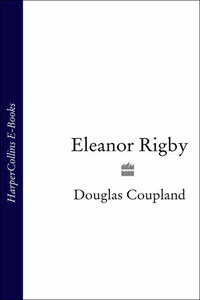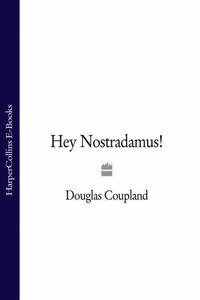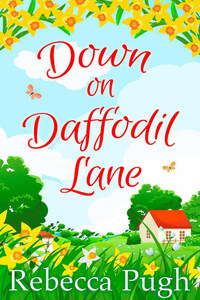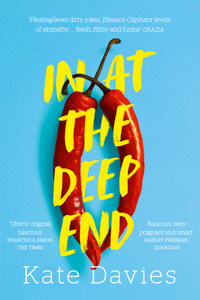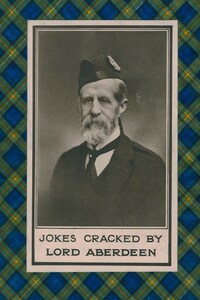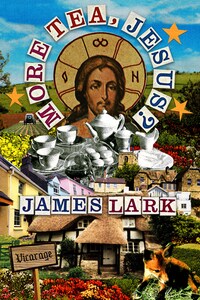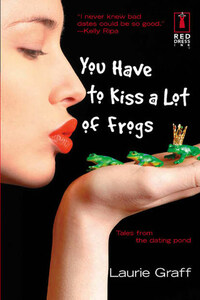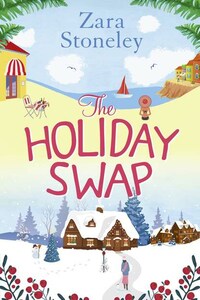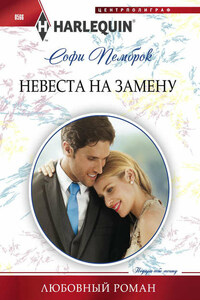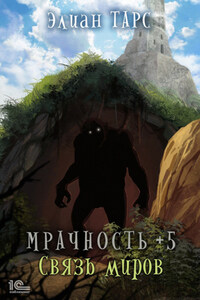I had always thought that a person born blind and given sight later on in life through the miracles of modern medicine would feel reborn. Just imagine looking at our world with brand new eyes, everything fresh, covered with dew and charged with beauty—pale skin and yellow daffodils, boiled lobsters and a full moon. And yet I’ve read books that tell me this isn’t the way newly created vision plays out in real life. Gifted with sight, previously blind patients become frightened and confused. They can’t make sense of shape or colour or depth. Everything shocks, and nothing brings solace. My brother, William, says, “Well think about it, Liz—kids lie in their cribs for nearly a year watching hand puppets and colourful toys come and go. They’re dumb as planks, and it takes them a long time to even twig to the notion of where they end and the world begins. Why should it be any different just because you’re older and technically wiser?”
In the end, those gifted with new eyesight tend to retreat into their own worlds. Some beg to be made blind again, yet when they consider it further, they hesitate, and realize they’re unable to surrender their sight. Bad visions are better than no visions.
Here’s something else I think about: in the movies, the way criminals are ready to squeal so long as they’re entered into a witness relocation program. They’re given a brand new name, passport and home, but they’ll never be able to contact anybody from their old life again; they have to choose between death and becoming someone entirely new. But you know what I think? I think the FBI simply shoots everybody who enters the program. The fact that nobody ever hears from these dead participants perversely convinces outsiders that the program really works. Let’s face it: they go to the same magic place in the country where people take their unwanted pets.
Listen to me go on like this. My sister, Leslie, says I’m morbid, but I don’t agree. I think I’m reasonable, just trying to be honest with myself about the ways of the world. Or come up with new ways of seeing them. I once read that for every person currently alive on earth, there are nineteen dead people who have lived before us. That’s not that much really. Our existence as a species on earth has been so short. We forget that.
I sometimes wonder how big a clump you could make if you were to take all creatures that have ever lived—not just people, but giraffes, plankton, amoebas, ferns and dinosaurs—and smush them all together in a big ball, a planet. The gravitational mass of this new clump would make it implode into a tiny ball as hot as the sun’s surface. Steam would sizzle out into space. But just maybe the iron in the blood of all of these creatures would be too heavy to leap out into space, and maybe a small and angry little planet with a molten iron core would form. And just maybe, on that new planet, life would start all over again.
I mention all of this because of the comet that passed earth seven years ago, back in 1997—Hale-Bopp, a chunk of some other demolished planet hurtling about the universe. I first saw it just past sunset while standing in the parking lot of Rogers Video. Teenage cliques dressed like hooligans and sluts were pointing up, at this small dab of slightly melted butter in the blue-black heavens above Hollyburn Mountain. Sure, I think the zodiac is pure hooey, but when an entirely new object appears in the sky, it opens some kind of window to your soul and to your sense of destiny. No matter how rational you try to be, it’s hard to escape the feeling that such a celestial event portends some kind of radical change.
Funny that it took a comet to trigger a small but radical change in my life. In the years until then, I’d been sieving the contents of my days with ever finer mesh, trying to sort out those sharp and nasty bits that were causing me grief: bad ideas, pointless habits, robotic thinking. Like anybody, I wanted to find out if my life was ever going to make sense, or maybe even feel like a story. In the wake of Hale-Bopp, I realized that my life, while technically adequate, had become all it was ever going to be. If I could just keep things going on their current even keel for a few more decades, the coroner could dump me into a peat bog without my ever having once gone fully crazy.
I made the radical change standing in the video store’s parking lot, holding copies of On the Beach, Bambi, Terms of Endearment, How Green Was My Valley and The Garden of the Finzi-Continis, staring up at the comet. I decided that instead of demanding certainty from life, I now wanted peace. No more trying to control everything—it was now time to go with the flow. With that one decision, the chain-mail shroud I’d been wearing my entire life fell from my body and I was light as a gull. I’d freed myself.
Of course, we’re born alone, and when we die, we join every living thing that’s ever existed—and ever will. When I’m dead I won’t be lonely any more—I’ll be joining a big party. Sometimes at the office, when the phones aren’t ringing, and when I’ve completed my daily paperwork, and when The Dwarf To Whom I Report is still out for lunch, I sit in my chest-high sage green cubicle and take comfort in knowing that since I don’t remember where I was before I was born, why should I be worried about where I go after I die?
